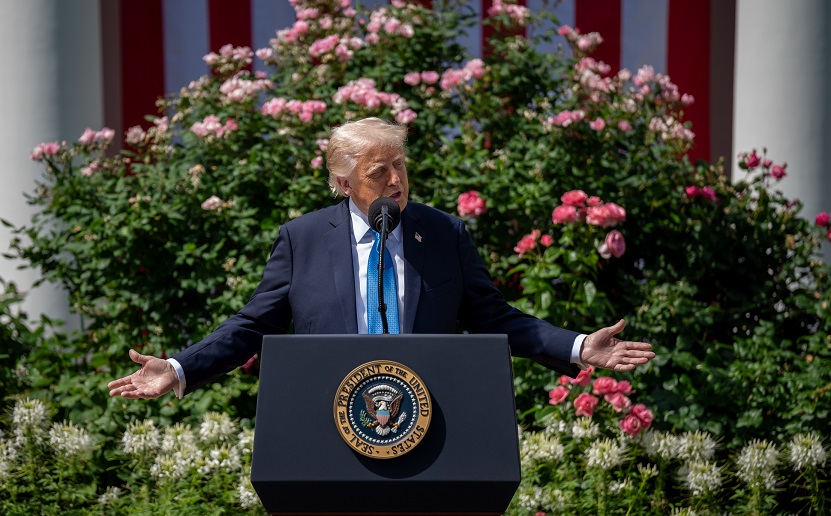
Senate Passes Trump’s ‘Big, Beautiful’ Tax Bill by One Vote
The United States Senate has narrowly approved President Donald Trump’s massive tax and spending proposal dubbed the “One Big Beautiful Bill Act,” in a dramatic 51–50 vote. Vice President J.D. Vance cast the deciding vote after three Republican senators broke ranks, creating a deadlock in the chamber.
Tax Cuts
The bill seeks to make permanent the individual and corporate tax cuts introduced during Trump’s first term in 2017. In addition, it introduces new tax relief provisions aimed at working-class Americans, including exemptions for overtime pay and income from tips. The nonpartisan Congressional Budget Office estimates that the tax elements alone will cost around $4.5 trillion over ten years.
Supporters of the legislation argue it will fuel economic growth, incentivize productivity, and simplify the tax code. Critics, however, warn that the benefits skew heavily toward wealthy individuals and large corporations, deepening existing inequalities and burdening future generations with debt.
Spending Cuts
To partially offset the tax giveaways, the bill outlines $1.2 trillion in spending cuts over the next decade. These include new work requirements for Medicaid eligibility, scaled-back Supplemental Nutrition Assistance Program (SNAP) benefits, and the elimination of certain clean energy subsidies, including electric vehicle incentives.
Healthcare advocacy groups have warned that millions could lose coverage if the Medicaid cuts are implemented, especially low-income families and disabled individuals. Environmental organizations have also slammed the rollback of green energy incentives, calling it a “climate setback.”
Senate Vote
Republican Senators Susan Collins, Thom Tillis, and Rand Paul joined all Democrats in voting against the bill, citing concerns about its fiscal impact and harsh cuts to public welfare. Their dissent forced Vice President J.D. Vance to cast the tie-breaking vote, pushing the legislation through the Senate.
Amendments added during the Senate proceedings—including revisions to the SALT deduction cap and additional rural hospital funding—now require the bill to return to the House for final approval. Speaker Mike Johnson has indicated that the House will take up the revised bill quickly, aiming to send it to the President’s desk before July 4.
Despite internal opposition, the bill’s passage marks a major legislative victory for Trump, reinforcing his second-term agenda centered on deregulation, tax reform, and fiscal conservatism. Its long-term effects on the U.S. economy, social welfare programs, and federal debt will continue to generate intense debate.


















